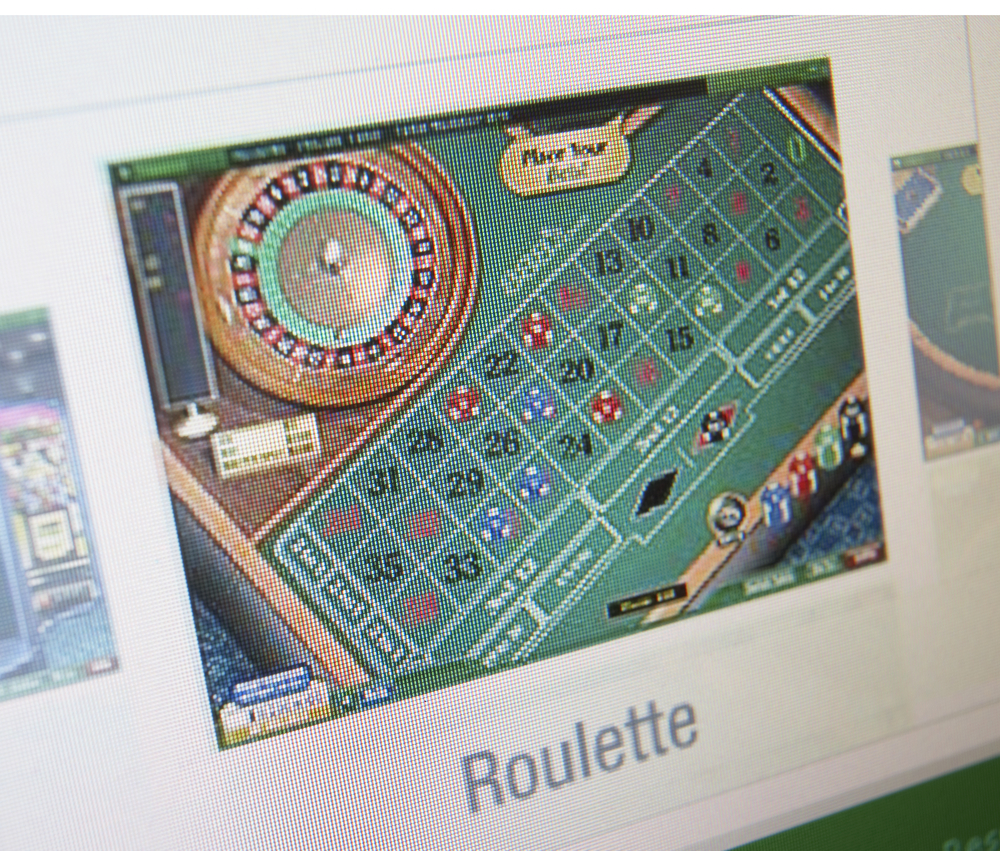
Casino gaming has long been a subject of fascination and controversy, drawing in millions of players around the world. With a mix of luck, skill, and the thrill of uncertainty, casino games offer an exciting escape from everyday life. However, as entertainment becomes ever more accessible, it calls for a more thorough examination of the ethical implications surrounding these games.
At the heart of the discussion lies the question of whether casinos promote responsible gaming or exploit vulnerable individuals. The appeal of potential winnings versus the truth of losses can create a complex situation, and understanding this balance is essential for both players and operators. As we delve into the morals of casino gaming, we will explore the duties of casinos, the impact on society, and the steps that can be taken to foster a better gaming environment.
The Impact of Casino Gaming on Society
Casino gaming has a notable influence on the community, affecting not only the financial landscape but also social behaviors and community structures. The funds generated from casinos can lead to job creation and boost local economies, as they provide multiple employment opportunities in different sectors including food and beverage, entertainment, and retail. However, while the economic advantages can be significant, communities often grapple with the potential negative impacts that arise from higher gambling activity.
Moreover, the presence of casinos can lead to an increase in gambling addiction, presenting serious challenges for individuals and families. The thrill of casino games can quickly transform into a habitual habit, affecting connections with others and leading to monetary issues. Many players may find it difficult with the loss of control over their gambling behaviors, resulting in a need for assistance programs and interventions to address this growing issue. The social cost of gambling addiction can extend through kinships and neighborhoods, creating an urgent need for sensible gambling approaches.
In addition to the economic and social ramifications, casino gaming often reflects cultural attitudes towards risk and leisure. It can encourage a sense of joy and leisure, attracting visitors and boosting tourism. However, this allure may also mask the broader implications of gambling as a form of entertainment, provoking ethical questions about its advertisement and accessibility. As communities weigh the benefits and drawbacks of casino gaming, the need for responsible practices and oversight becomes increasingly critical in ensuring that the beneficial elements are enhanced while reducing the negative effects.
Ethical Issues in Betting Activities
The ethics of casino operations often revolve around the risk for addiction and its consequences on people and families. Gambling can lead to significant monetary distress, impacting not only the gamblers but also their loved ones. As people become caught in the appeal of winning, many lose sight of their budget, which can result in catastrophic results such as insolvency. This raises ethical questions about the duty of gambling establishments in promoting responsible gambling habits and offering support for those who may be dealing with betting addiction.
Another major issue is the advertising of betting to at-risk populations. Gambling establishments often aim at low-income people or neighborhoods with the offer of quick rewards, which can continue cycles of poverty and despair. In this context, the ethics of advertising strategies used by casinos come under examination, as they may exploit the need of people seeking an way out from economic troubles. This exploitation raises ethical questions about the honesty of the betting industry and its obligation to safeguard its most at-risk customers.
Additionally, the impact of casino gaming on the community as a whole cannot be overlooked. While some argue that gambling establishments create employment and stimulate local economies, others point to the social costs associated with dysfunctional gambling, increased crime rates, and a burden on public resources. Balancing financial advantages with the potential for social harm presents a complex moral dilemma for lawmakers and gambling operators alike. UK casino not on Gamstop The challenge lies in finding a responsible approach that prioritizes the well-being of people and society while still allowing for the pleasure of gambling activities.
Regulation Structure and Obligations
The regulatory system pertaining to gaming games is designed to ensure equity, honesty, and player protection. Multiple government bodies and gambling commissions create and enforce regulations that dictate how gaming games work, the guidelines for game design, and the processes for processing rewards. These regulations vary by region but usually involve licensing requirements for providers and stringent measures to prevent cheating and scams.
In furthermore to regulatory bodies, gambling establishments bear major duty in preserving moral standards within their facilities. They must implement ethical gaming practices that encourage gambler security and awareness, including presenting self-limitation options and sharing information about the dangers associated with gambling. Establishments are also obligated for educating employees to spot signs of problem gaming and understand the appropriate measures to help visitors in trouble.
Additionally, transparency in gaming operations is vital for building and preserving public trust. Casinos should offer clear details about the probabilities of operations, advertising opportunities, and any related hazards. By creating an environment of honesty and responsibility, operators can help mitigate the possible negative impact of betting while boosting the general gambling experience for all players.
